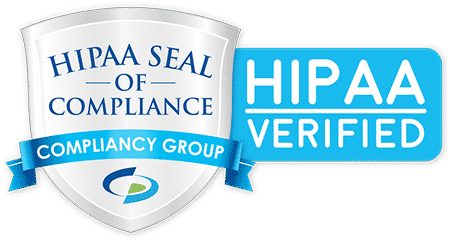You may be eligible for no out-of-pocket costs with Medicare!
You may be eligible for no out-of-pocket costs with Medicare!
What You Need To Know
Sometimes, understanding pharmacy referrals Medicare Part B for CGMs can be confusing. Continuous Glucose Monitors (CGMs) have revolutionized diabetes management, providing real-time glucose readings to help patients maintain optimal blood sugar levels. For individuals with Medicare Part B, obtaining a CGM involves a specific process, including the crucial step of pharmacy referrals. This article will delve into the details of pharmacy referrals for CGMs with Medicare Part B, ensuring you understand every aspect of the process and its benefits.
Pharmacy referrals Medicare Part B refer to the process by which healthcare providers direct patients to pharmacies for obtaining their prescribed continuous glucose monitors under Medicare Part B coverage. This step is essential because Medicare Part B has specific criteria and approved suppliers for CGMs, and pharmacy referrals help streamline this process. By understanding pharmacy referrals, Medicare Part B beneficiaries can ensure they receive the necessary devices efficiently.
Pharmacy referrals Medicare Part B refer to the process by which healthcare providers direct patients to pharmacies for obtaining their prescribed continuous glucose monitors under Medicare Part B coverage. This step is essential because Medicare Part B has specific criteria and approved suppliers for CGMs, and pharmacy referrals help streamline this process. By understanding pharmacy referrals, Medicare Part B beneficiaries can ensure they receive the necessary devices efficiently.
Pharmacy referrals play a pivotal role in ensuring that Medicare Part B beneficiaries receive their CGMs from authorized and reliable sources. These referrals are not just a formality but a crucial part of the healthcare process. When a healthcare provider issues a referral, it indicates that the patient meets the necessary criteria for Medicare Part B coverage for a CGM. This ensures that the process is smoother and reduces the risk of delays or denials in receiving the CGM.
Durable Medical Equipment (DME) referrals for CGM are a specific type of referral within the Medicare system. CGMs are categorized as DME, which means they are essential for managing chronic conditions like diabetes. DME referrals for CGM involve a healthcare provider assessing a patient’s eligibility based on Medicare’s criteria and then directing them to an approved DME supplier. This referral ensures that the patient receives a CGM that meets Medicare’s standards and is covered under Part B.
Consultation with Healthcare Provider: The first step in obtaining a CGM through Medicare Part B is consulting with your healthcare provider. They will assess your condition and determine if a CGM is medically necessary for managing your diabetes.
Meeting Medicare Criteria: Medicare Part B has specific criteria that patients must meet to qualify for CGM coverage. These include having a diagnosis of diabetes, requiring frequent adjustments of insulin treatment, and using a blood glucose monitor.
Receiving the Referral: If you meet the criteria, your healthcare provider will issue a pharmacy referral for Medicare Part B. This referral will direct you to an approved pharmacy or DME supplier that provides CGMs under Medicare Part B.
Contacting the Pharmacy: With the referral in hand, you can contact the designated pharmacy or DME supplier. They will guide you through the process of obtaining the CGM, including any necessary paperwork and verification of Medicare coverage.
Receiving Your CGM: Once the pharmacy has processed your referral and verified your Medicare Part B coverage, you will receive your CGM. The pharmacy will also provide instructions on how to use the device and any necessary training.
Pharmacy referrals for Medicare Part B offer several benefits to beneficiaries. Firstly, they ensure that patients receive CGMs from authorized suppliers, which guarantees the quality and reliability of the devices. Secondly, referrals help streamline the process, reducing delays and ensuring that patients receive their CGMs promptly. Additionally, pharmacy referrals provide a clear and structured pathway for patients, making the process of obtaining a CGM less daunting and more efficient.
Q: What happens if I don’t get a referral for my CGM? A: Without a referral, obtaining a CGM through Medicare Part B can be challenging. Referrals ensure that you meet the necessary criteria and direct you to approved suppliers. Without this step, you may face delays or denials in coverage.
Q: Can I choose any pharmacy for my CGM? A: Not all pharmacies are approved suppliers for CGMs under Medicare Part B. Your referral will direct you to an authorized pharmacy or DME supplier that meets Medicare’s requirements.
Q: How long does the referral process take? A: The referral process can vary in length, but having all necessary documentation and meeting Medicare’s criteria can help expedite the process. Typically, once the referral is issued, the pharmacy can process it and provide the CGM within a few weeks.
Healthcare providers play a crucial role in the DME referrals for pharmacy. They are responsible for assessing the patient’s eligibility, issuing the referral, and ensuring that the patient understands the process. Providers must stay informed about Medicare’s criteria for CGM coverage and work closely with patients to facilitate the referral process. Their involvement is essential for ensuring that patients receive the necessary equipment to manage their diabetes effectively.
While pharmacy referrals for Medicare Part B are designed to streamline the process, challenges can still arise. Common issues include delays in receiving the referral, difficulties in contacting approved suppliers, and misunderstandings about Medicare’s criteria. To overcome these challenges, patients should maintain open communication with their healthcare providers, ensure all necessary documentation is complete, and follow up with the pharmacy or DME supplier regularly. Understanding the process and being proactive can help mitigate these challenges.
As technology and healthcare policies evolve, the process of DME referrals for CGM is likely to become more streamlined and efficient. Advances in electronic health records (EHR) and telemedicine can facilitate faster and more accurate referrals. Additionally, as CGMs become more integral to diabetes management, Medicare policies may continue to adapt, making the process easier for beneficiaries. Staying informed about these trends can help patients and providers navigate the referral process more effectively.
Pharmacy referrals Medicare Part B are a critical step in obtaining continuous glucose monitors for diabetes management. Understanding the referral process, meeting Medicare’s criteria, and working closely with healthcare providers can ensure that beneficiaries receive their CGMs promptly and efficiently. By staying informed and proactive, Medicare Part B beneficiaries can navigate the referral process smoothly, ultimately improving their diabetes management and quality of life.
Change Your Life Today!
Trust Smiles Med Supply with your medical and diabetes supply needs, so you can do more of the things you love and smile knowing that together, we’re making a difference.
Customer Testimonials
“I was so impressed with the customer service and the follow through in their company. I had to tell others about my experience.”




Quick Links
Copyright 2021 Smiles Med Supply | All Rights Reserved.